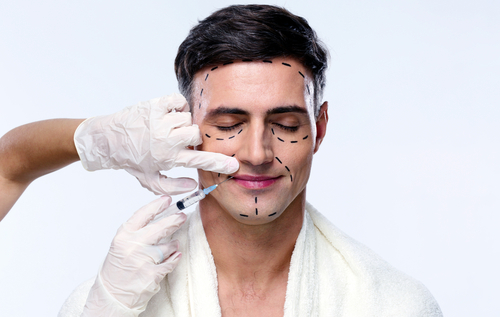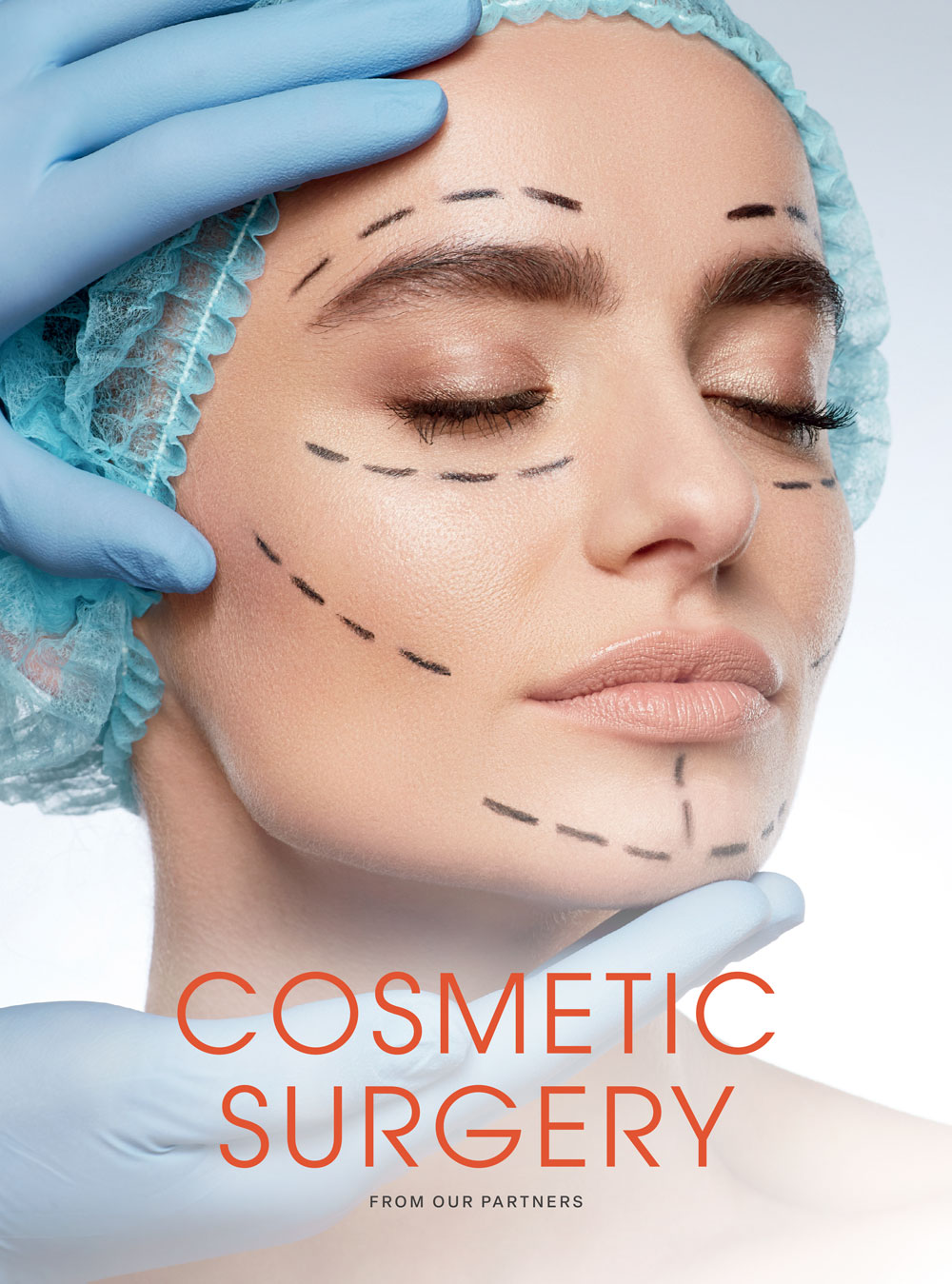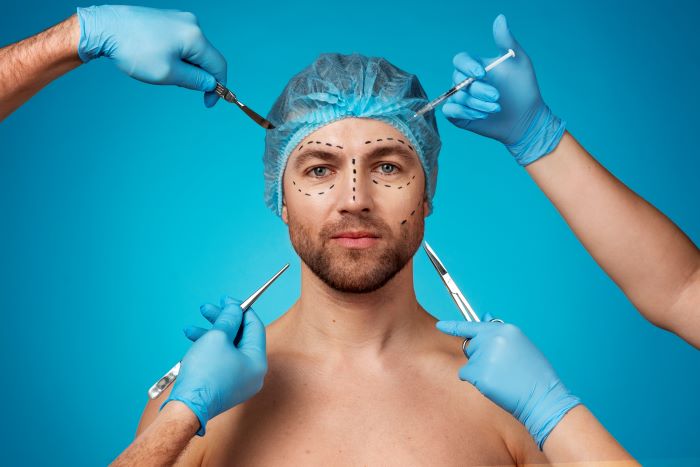Investigating the Emotional and Social Elements That Drive Individuals to Take Into Consideration Plastic Surgery as a way of Renovation
The choice to pursue cosmetic surgical procedure often expands past simple aesthetics, linking with social and mental dynamics that warrant extensive exam. Factors such as self-worth, prevalent societal elegance standards, and the prevalent influence of social media assemble to form private motivations for surgical improvement. As these influences come to be significantly famous, recognizing the underlying emotional and social contexts is important. What remains to be checked out is the profound effect these aspects have not only on individuality however likewise on broader social standards and values bordering elegance and approval.
The Function of Self-confidence
Self-confidence dramatically affects a person's decision to seek cosmetic surgical treatment. Individuals with reduced self-esteem commonly regard themselves in an adverse light, leading to sensations of inadequacy concerning their physical appearance.

Ultimately, the role of self-esteem in the decision-making process concerning cosmetic surgery highlights the complicated interaction in between body photo, personal contentment, and psychological wellness. Recognizing this partnership is critical for health care experts to guarantee that patients are making informed decisions rooted in practical expectations and psychological well-being.
Societal Charm Requirements
Influenced by prevalent media portrayals and cultural narratives, societal charm standards play an important function in shaping people' understandings of their own bodies. These standards are usually defined by an idealized form of elegance that highlights attributes such as youthful vigor, balance, and slimness. As these perfects are bolstered through numerous channels, consisting of advertising and marketing, film, and television, people frequently internalize these messages, causing discontentment with their all-natural appearance.
The ramifications of these social norms extend beyond visual choices; they can influence self-worth, mental health and wellness, and social relationships. Individuals who view themselves as dropping brief of these standards might experience feelings of inadequacy, triggering a need for plastic surgery as a method of accomplishing social authorization. This pursuit is commonly fueled by the idea that complying with these ideals will boost not only physical appearance however likewise social standing and individual satisfaction.

Influence of Social Media Site
The effect of societal appeal requirements is additional magnified by the surge of social networks platforms, where curated pictures and idyllic depictions of beauty are ubiquitous. Users are regularly revealed to filteringed system and modified pictures, which typically illustrate unattainable physical qualities. This direct exposure grows a culture of comparison, leading individuals to analyze their own appearance against these frequently unrealistic benchmarks.
Social network influencers and stars often advertise cosmetic procedures, normalizing the notion that surgical enhancements are a viable methods for achieving societal perfects (plastic surgery rancho cucamonga). The presence of these improvements can create an understanding that going through plastic surgery is a basic practice, thereby influencing individuals to take into consideration comparable interventions as a pathway to improved self-esteem and social approval
Furthermore, the interactive nature of social networks permits instant feedback via likes and remarks, even more enhancing the need to satisfy preferred beauty standards. Such interactions can aggravate sensations of inadequacy and drive individuals toward plastic surgery as a method of getting recognition. Eventually, social networks plays a pivotal duty in forming assumptions of elegance, which dramatically affects the decision-making procedures surrounding cosmetic surgery.

Cultural Viewpoints on Look
Across numerous societies, perceptions of appearance are deeply rooted in historical, social, and financial contexts, shaping individuals' sights on charm and charm. In lots of societies, look Going Here functions as a considerable marker of identity, influencing social standing, professional opportunities, and individual partnerships. For instance, in some cultures, light skin is usually connected with wealth and privilege, while others might glorify darker skin tones as symbols of toughness and authenticity.
Additionally, typical charm standards are frequently bolstered with cultural narratives, media representations, and family members influences, causing differing suitables throughout various areas (plastic surgery rancho cucamonga). In Western cultures, the focus on youth and fitness often drives individuals towards aesthetic improvement, while in specific Eastern societies, even more refined modifications lined up with conventional aesthetics may be chosen
Globalization and the expansion of electronic media have additionally made complex these dynamics, creating a hybridization of appeal ideals that transcends geographical limits. As people increasingly navigate these social narratives, the pressure to adapt to details appearance standards can cause the need for plastic surgery, reflecting a complicated interplay of social worths and individual desires. Recognizing these social viewpoints is vital in attending to the motivations behind plastic surgery factors to consider.
Emotional Influences of Plastic Surgery
Numerous individuals looking for plastic surgery record experiencing extensive mental impacts that can significantly modify their self-perception and emotional wellness - plastic surgery rancho cucamonga. The desire for physical link improvement commonly comes from underlying issues such as low self-esteem, body dysmorphic problem, or societal stress pertaining to charm requirements. For some, the immediate post-operative stage can result in a temporary increase in self-esteem and satisfaction with their look, fostering a feeling of empowerment
Nevertheless, these favorable sensations may not be withstanding. Research shows that while some clients experience boosted self-worth, others may encounter elevated anxiety or clinical depression if their expectations are not satisfied. This discrepancy can develop from unrealistic suitables bolstered by media depiction and cultural stories bordering charm.
In addition, the mental ramifications of cosmetic surgical treatment expand beyond the individual. Relationships with friends and family might be stressed as social dynamics change, leading to feelings of isolation or alienation. Eventually, the psychological impacts of plastic surgery are intricate and diverse, needing cautious factor to consider by both prospective click reference patients and doctor to ensure informed decision-making and practical expectations.
Final Thought
Finally, the choice to seek plastic surgery is dramatically affected by a mix of self-esteem issues, societal elegance standards, and cultural perspectives on appearance. The pervasive reach of social networks further aggravates these stress, advertising impractical perfects that people typically make every effort to attain. Understanding these mental and social aspects is essential for attending to the motivations behind cosmetic surgical treatment, highlighting the requirement for a much more nuanced conversation bordering beauty and self-acceptance in modern culture.
The choice to go after cosmetic surgical treatment often extends past plain appearances, intertwining with mental and social characteristics that warrant detailed exam. Ultimately, social media plays a critical role in forming understandings of beauty, which significantly influences the decision-making procedures surrounding cosmetic surgery.
As individuals significantly navigate these cultural narratives, the stress to adhere to particular look criteria can lead to the desire for cosmetic surgery, mirroring a complicated interplay of social values and personal ambitions.In verdict, the decision to go after cosmetic surgical procedure is substantially affected by a combination of self-confidence issues, social appeal standards, and social perspectives on appearance. Understanding these social and psychological variables is crucial for resolving the inspirations behind cosmetic surgical treatment, highlighting the need for an extra nuanced conversation bordering charm and self-acceptance in modern society.